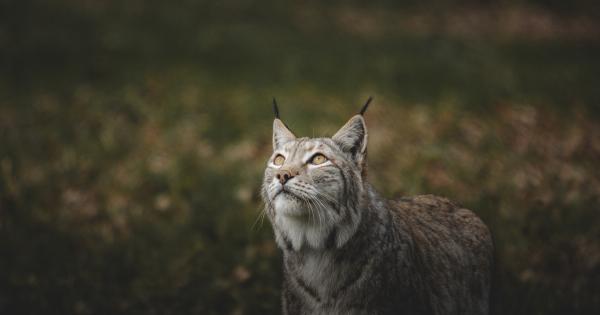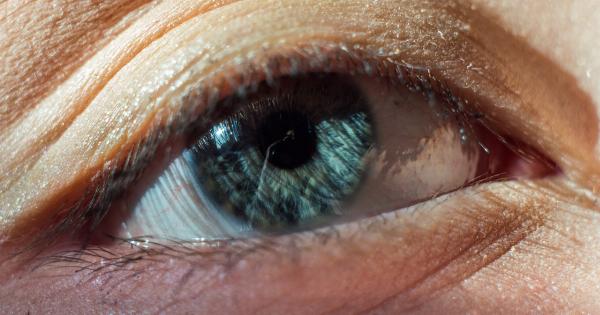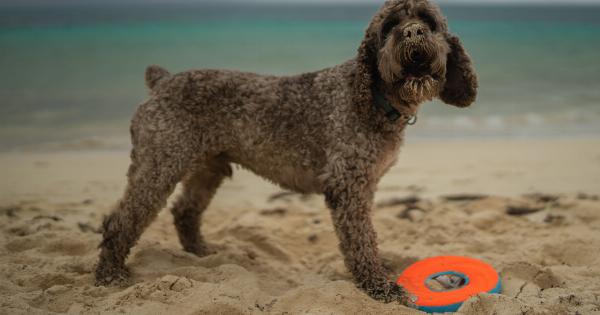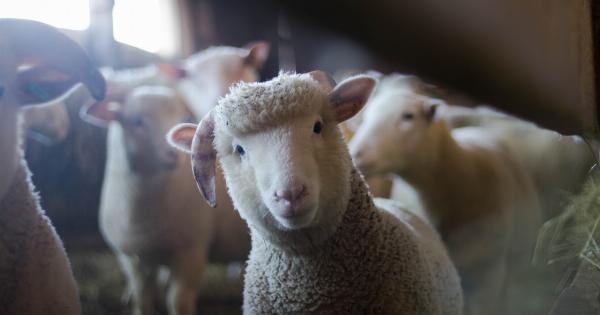The poodle is a delightful breed that is known for its intelligence, elegance, and active nature. Originating in Germany, this breed has captured the hearts of many people around the world.
Whether you are considering adding a poodle to your family or simply interested in learning more about this fascinating breed, this article will provide you with all the essential information you need to know about poodles.
History and Origin
The poodle breed has a rich history that can be traced back over 400 years. Although commonly associated with France, the poodle actually originated in Germany.
The word “poodle” stems from the German word “Pudel,” which means “to splash in water.” This name is quite appropriate for the breed, as poodles are excellent swimmers and were initially bred to retrieve waterfowl during hunting sessions.
In the 15th and 16th centuries, poodles gained popularity and found admirers in the French aristocracy. They were soon adopted as companions in royal courts and became a symbol of wealth and high social status.
Poodles’ intelligence and adaptability made them suitable for various types of work, including hunting, circus performances, and even military roles during wartime.
Physical Characteristics
The poodle is known for its distinctive coat, which is both curly and dense. This breed comes in three sizes: standard, miniature, and toy.
The standard poodle stands over 15 inches tall at the shoulder, the miniature poodle is between 10 and 15 inches tall, and the toy poodle is under 10 inches tall.
While the coat of a poodle is often seen in the traditional clip associated with the breed, it can also be styled in other ways. Poodles’ coats can be corded, shaved, or even left long and flowing.
Their coat constantly grows, so regular grooming and maintenance are essential to prevent matting and tangling. Despite their curly fur, poodles are often considered to be hypoallergenic and are considered a good choice for individuals with allergies.
Poodles have an elegant and well-proportioned build. They have a straight and strong back, a well-muscled body, and a gracefully arched neck. Their head is in proportion to their body, with a well-defined stop and a long, straight muzzle.
The ears of a poodle are set at or below eye level and hang close to the head. Their eyes are typically dark and expressive, exuding an intelligent and alert demeanor.
Temperament and Personality
Poodles are renowned for their intelligence and remarkable ability to learn. They are frequently ranked among the top smartest dog breeds.
Their high level of intelligence, combined with their eagerness to please, makes them highly trainable and excellent candidates for various dog sports and activities, such as obedience trials, agility competitions, and even scent detection work.
Aside from being intelligent, poodles are also known for being active and energetic. They require regular exercise to keep them physically and mentally stimulated.
Daily walks, interactive playtime, and games are necessary to prevent boredom and ensure a well-behaved dog. Poodles are highly adaptable and can thrive in various living environments, including apartments, as long as they receive sufficient mental and physical stimulation.
While poodles have a reputation for being elegant and refined, they are also incredibly affectionate and loyal companions. They form strong bonds with their families and enjoy being involved in family activities.
Poodles are also known to be great with children, as they are patient and gentle. However, like all dogs, they should always be supervised when interacting with young children to prevent any accidental injuries.
Training and Socialization
Training is essential for poodles due to their high intelligence and energetic nature. They thrive in environments where they are given an opportunity to learn and engage in mental stimulation.
Early socialization is crucial for poodles to develop into well-adjusted adults. Exposing them to various environments, people, animals, and experiences from a young age will help them grow into confident and friendly dogs.
Poodles respond well to positive reinforcement training methods. They enjoy learning and tend to excel in obedience training. Consistency, patience, and a gentle approach are key when training a poodle.
They are sensitive dogs and do not respond well to harsh training techniques or punishment.
Additionally, poodles require mental stimulation to prevent them from becoming bored or engaging in destructive behaviors.
Puzzle toys, interactive games, and training sessions will keep their minds occupied and prevent them from developing undesirable habits.
Grooming
Grooming is an essential part of owning a poodle due to their unique coat. Poodles require regular brushing to prevent their fur from matting.
Many poodle owners choose to have their dogs professionally groomed every four to six weeks to maintain the coat’s health and appearance. Regular grooming sessions also provide an opportunity to check for any skin issues, such as irritations or abnormalities.
Poodles do not shed like other breeds and are often considered hypoallergenic, making them a great choice for individuals with allergies. However, their hair growth does require regular attention.
Keeping their ears clean and free from moisture is important in preventing ear infections, as their hanging ears can trap moisture and become a breeding ground for bacteria.
Additionally, poodles require regular nail trims to prevent their nails from becoming too long and causing discomfort. Teeth brushing is also important to maintain good oral hygiene and prevent dental issues.
Health
Just like any other breed, poodles are susceptible to certain health conditions. Responsible breeders strive to produce healthy puppies by testing their breeding stock for any hereditary health issues.
However, it is important for potential poodle owners to be aware of possible health concerns.
One of the most common health issues in poodles is hip dysplasia, a condition that affects the hip joints and can lead to lameness and arthritis. Eye conditions, such as progressive retinal atrophy and cataracts, can also occur in poodles.
Regular veterinary check-ups, a balanced diet, and appropriate exercise can help reduce the risk of these health problems.
Poodles are generally a long-lived breed, with a lifespan of around 10 to 18 years, depending on the size. Providing them with a nutritious diet, regular exercise, and routine veterinary care will help ensure they live a happy and healthy life.
Conclusion
The poodle is a remarkable and versatile breed. They possess an impressive combination of intelligence, elegance, and an active nature.
Whether as a loyal family companion or a skilled competitor in various dog sports, poodles bring joy and endless entertainment to their owners. However, it is important to remember that like any dog, poodles need proper care, training, and socialization to thrive.
If you are considering adding a poodle to your family, be prepared to provide them with mental and physical stimulation, regular grooming sessions, and lots of love and affection.
With the right care and attention, a poodle can become your faithful and beloved companion for many years to come.































